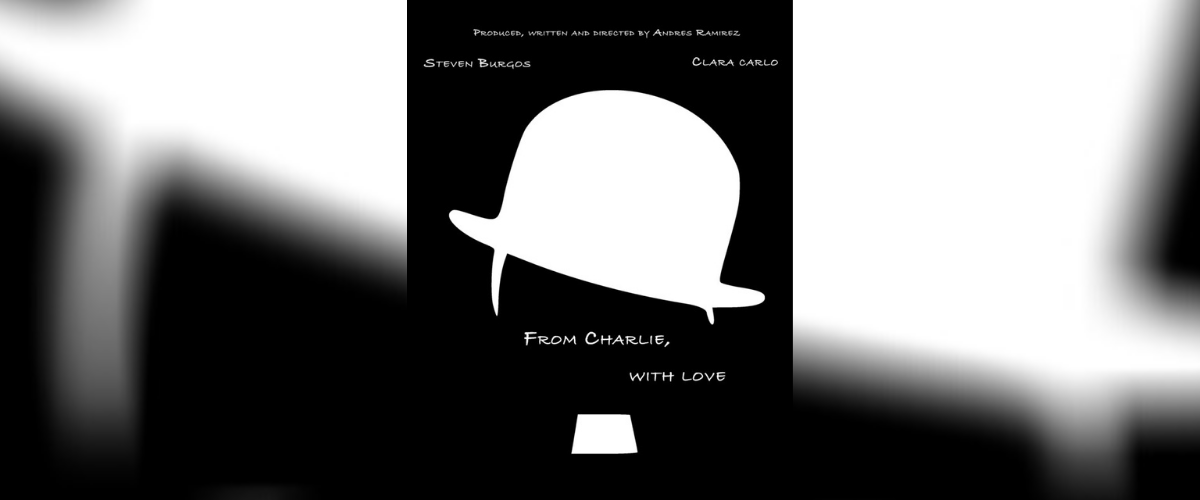
Charlie Chaplin is indisputably one of the most important figures in world cinema whose influence is felt even today, in many recent productions. The short film From Charlie, with Love is signed by Andres Ramirez who, starting with the very title, expresses his admiration for the great American actor, proposing a contemporary replica of the famous Charlot. The director creates a kind of pastiche, adapting only formally a fragment detached from the daily existence of some young people, but preserving the essence and “purity” of the original cinematic references. Hance, the short film has the interface of a silent black and white film, whose image is edited according to the principles of a classic movie, being supported by naive and suggestive music. Likewise, the main actor builds his character through meaningful ample gestures and facial expressions, respecting the principles imposed by Chaplin. At the narrative level, the short film depicts a spontaneous love story, without addressing, however, some more complex psychological or emotional nuances.






